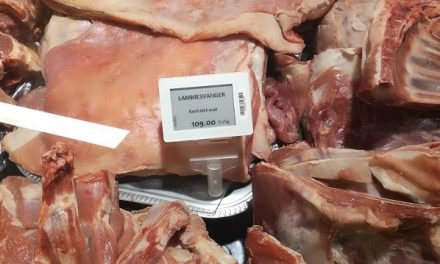
Offbeat – 14 June 2012
Many children have grown up without fathers and still do. They survive. They go onto their own things, make their choices as children with fathers do, and live with the consequences.
Father’s Day is just about here. I wonder what it will bring. I know that it involves an early morning. That goes without saying. I imagine there will be breakfast in bed, which means I have to get up extra early to do my web updates and then get back to sleep before the pots and pans in the kitchen start their happy clatter.
The actual ritual is unfamiliar to me. My father left when I was young and all I really knew of him was what a week or two every year taught me. I seem to remember a couple of calls on the day, but there was nothing really interesting about them. There wasn’t a set of activities that I am able to associate with the day.
Most of the kids I knew had fathers who lived with them. I got the sense that Jack Nicholson’s character in The Shining, and axes chopping through doors, would have been tame by comparison. Their dads seem to have been mostly silent presences, except when they lost their tempers, and the kids who spoke about it talked softly and fearfully.
Sometimes I also heard about woodwork, fixing things and going places.
I don’t seem to have inherited much from my father. I don’t have the urge to run. I have a full head of hair. I don’t have the bitterness at life that shone through in his later years. I have a family that will see me through my old age. I think he lost more than I did by his absence.
What did I gain by his absence? Robert Graves wrote of the young king confronting the old king as one of the enduring themes of poetry. I didn’t have to confront my father, deal with his overlay on my psyche. I didn’t have to unlearn his mistakes. My life belongs to me and always has.
How did I find my way? Shaving was a bind but reading and listening to other boys on the topic was enough guidance. Testosterone was a bit more difficult. There was potential for danger, mayhem and injury in the anger that it brought about. That became obvious from boys whose fathers didn’t council them, who ignored their father’s council or who used it at their father’s urging. For my part I put it away quickly and didn’t use it, same as guns and knives.
In the classical way of thinking about families, a father is important, a mentor and a role model, particularly the boy. The father, as I mentioned a couple of lines back, can also be the benchmark against which a youth tests himself. By overcoming his father, even in an act of wanton neglect of the relationship, the boy becomes the equal of his father, or more.
This doesn’t sit well with the other side of the coin. Where social structures don’t hold the male to the role of fatherhood then the role is an individual choice: stick with the family or head off. Many children have grown up without fathers and still do. They survive. They go onto their own things, make their choices as children with fathers do, and live with the consequences. More will follow. It is a depressingly familiar circumstance.
Yet children who reach biological adulthood with or without fathers make successes or failures of themselves by their own choices.
The value of a father must rely on the value of the father’s council. Any adult can shape a child for better or for worse: by emphasising values and characteristics that add to the child, for better or for worse. Fathers who are present have a better than average chance of doing that.
My own role as a father is rewarding. The moments that we find are good for us: smiles in the morning, time sitting together on outings, and the sense of getting things right. There are also the less pleasant moments which I didn’t expect. Sometimes I have to defend values which others seek to break down: interlopers, fools and damaged goods who are petty enough to be jealous of the relationship and who want to impose their own notions.
My father died without giving anything of enduring value to me, other than the knowledge that Father’s Day belongs to me, and my child, alone.
On Sunday I will awake to the happy clattering of pans.










































